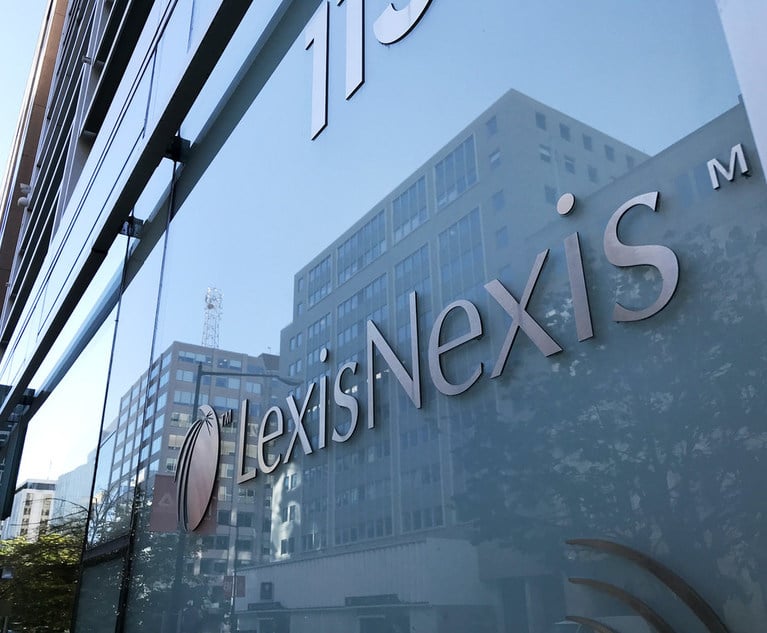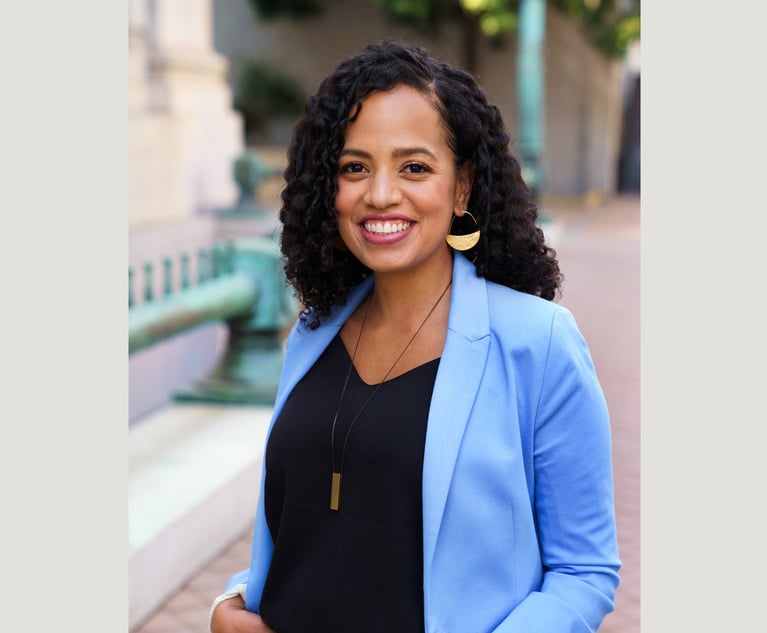Remote data collection could become the norm as e-discovery companies and their clients look for data collection alternatives amidst an increasingly dispersed and remote workforce.
“The legal community tends to adopt technology only reluctantly or is forced to by clients or circumstances,” said X1 Discovery Inc. CEO Craig Carpenter. “A migration to remote collection had been happening for several years but relatively slowly. [With] coronavirus it will be expedited.”








